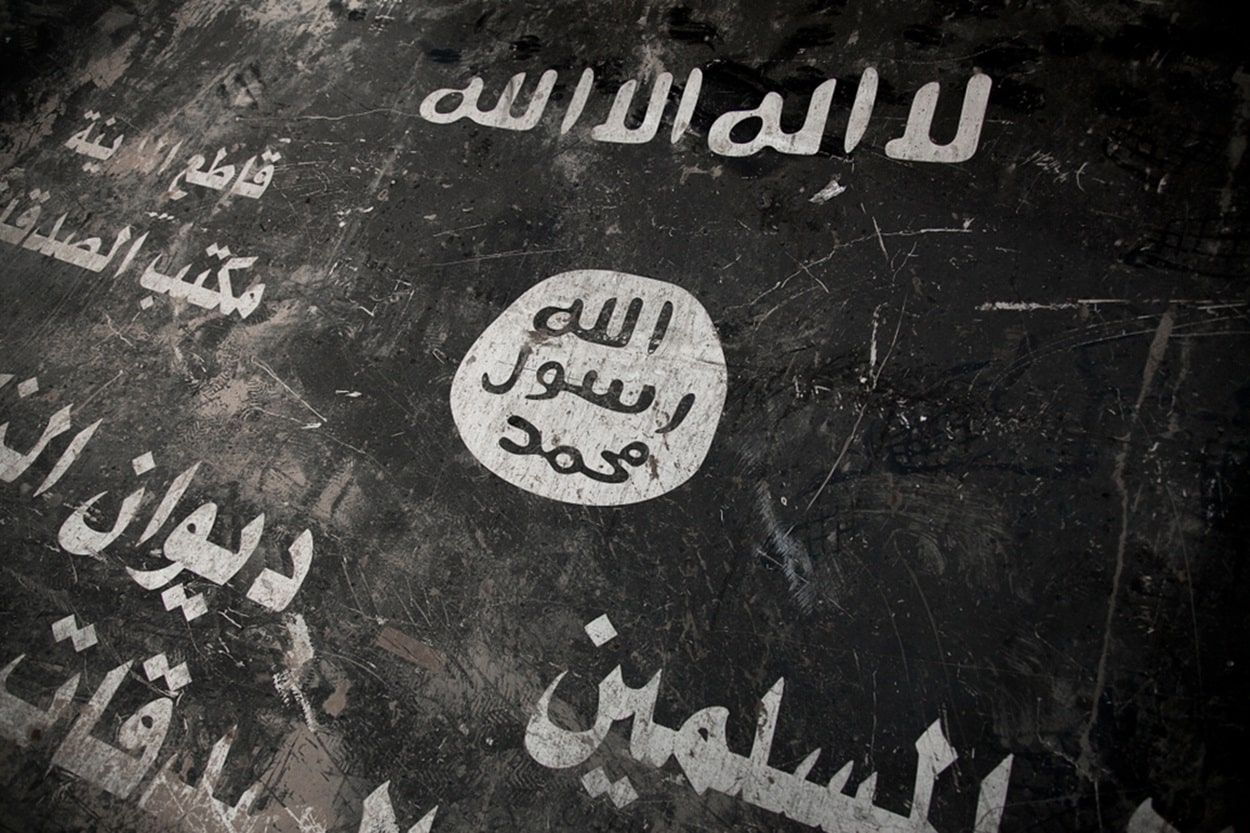“How every aspect of of Muslim life has been radicalized by Wahhabism“
Michael Savage Video
Michael Savage, born Michael Alan Weiner on March 31, 1942, in the Bronx, New York, USA, is a multifaceted personality known primarily as a radio and podcast host, actor, and author. He has been married to Janet Weiner since 1967, and the couple has two children.
Video – Michael Savage, This is a Religious War, As Seen in Israel
Savage is recognized for his significant contribution to radio and has been inducted into the National Radio Hall of Fame. His radio talk show, “The Savage Nation,” gained widespread popularity across the United States and was nationally syndicated on the Talk Radio Network until 2021.
Academically, Savage has an impressive background. After graduating from Jamaica High School in 1958, he attended Queens College, where he earned a bachelor’s degree in biology in 1963. Furthering his academic pursuits, Savage obtained a PhD in epidemiology and nutrition sciences from the University of California at Berkeley. This educational foundation has played a role in shaping his perspectives and discussions on various topics, including politics, science, nutrition, and conservation.

Over 30 Books Written
In addition to his radio career, Savage is an accomplished author, having written over 30 books and novels, many of which have been New York Times Bestsellers. His writing covers a broad range of subjects, reflecting his diverse interests and expertise. Savage’s work in conservation is also notable; he was appointed by the President of the United States to the Board of the Presidio Trust, highlighting his commitment to environmental issues.

What is Wahhabi Islam
Wahhabi Islam, often referred to as Wahhabism, emerged as a religious doctrine and movement established by Muhammad ibn Abd al-Wahhab during the 18th century in the region now known as Saudi Arabia. This movement is distinguished by its rigorous adherence to the literal interpretations of the Quran and the Hadith, which are the documented teachings and practices of the Prophet Muhammad.
The fundamental elements of Wahhabi Islam include:
- Puritanical Approach: Advocating for a revival of what it perceives as the most authentic form of Islam, Wahhabism emphasizes unwavering fidelity to the Quran and Hadith. It frequently rejects religious innovations (bid’ah) that have developed over time.
- Tawhid (Monotheism): A core principle in Wahhabi belief is Tawhid, emphasizing the sole worship of God. This principle rejects any form of shirk (associating partners with God), including practices like venerating saints or seeking intermediaries.
- Iconoclasm: Notable for its iconoclastic stance, Wahhabi doctrine supports the elimination of religious edifices and symbols linked to what it considers idolatrous or polytheistic practices, including the destruction of shrines and graves.
- Social and Legal Conservatism: Wahhabism promotes conservative social norms, such as stringent gender segregation and strict dress codes, particularly for women. Legally, it endorses the implementation of Sharia law based on a direct interpretation of Islamic scriptures.
- Political Influence: The influence of Wahhabism in the political realm is especially pronounced in Saudi Arabia, where it serves as the official religion and maintains a strong connection with the Saudi monarchy. The partnership between the Saudi ruling family and the Wahhabi religious leadership is integral to the contemporary Saudi Arabian state.
- Global Influence: Throughout the 20th and 21st centuries, Wahhabism has expanded its influence globally, partly due to the financial backing from Saudi Arabia in supporting religious education and mosque construction worldwide. This expansion has often sparked controversy, particularly in terms of its association with the propagation of extremist viewpoints.
Editorial credit: saeediex / Shutterstock.com

